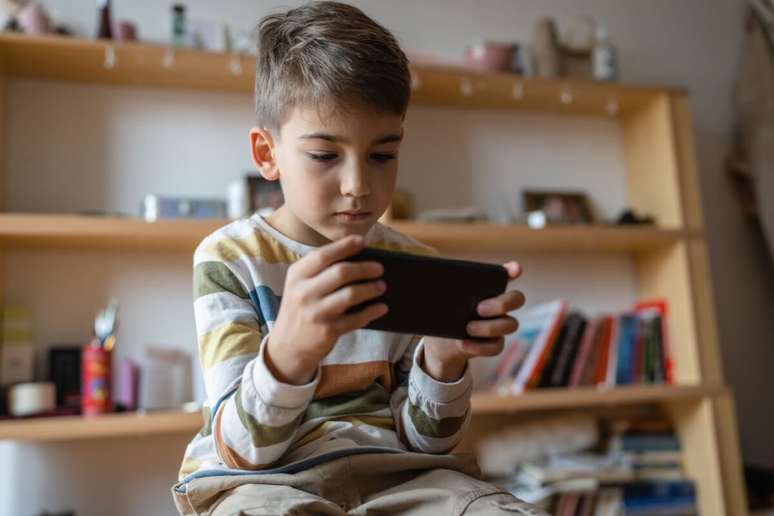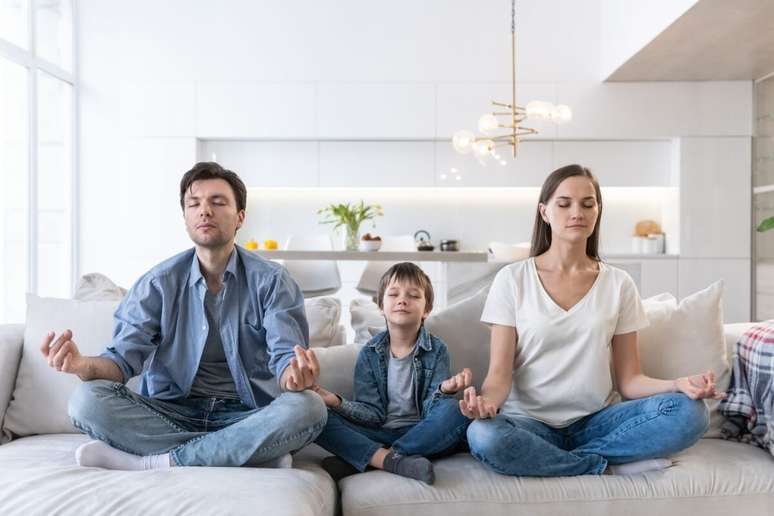Look at how to deal with routine rupture, parental fault, excess screens and pressure to entertain children
With the arrival of school holidays, many families live a mix of relief and tension. Relief for the rest of the school routine, but also the tension with the need to reconcile work, the care of children and the (not always realistic) expectations of providing unforgettable moments for children. In this scenario, the emotional well -being of parents and children can be put to the test.
“The class break brings an important change in family dynamics. For parents, in particular those who continue to work, it is a challenge to find time and energy to accompany their children without overwhelming or blamed. For children, breaking the routine can generate even more demanding agitation, boredom and behaviors”
Boredom is not the bad
According to the mutuberry of La, one of the greatest myths on vacation is that children must be entertained continuously. “We live a culture of hyperestimulation, which has caused many problems childrenTherefore, boredom, free time and leisure have important roles: to invite creativity, observe the world, experiences and learning elaborate and also develop self -knowledge. Not every gap must be filled with screens or activities, “he says.
He claims that free time, if lived safely and emotionally, can be more advantageous than a program full of programming. “Unlike the logic of performance, which often structures contemporary childhood, free time allows the child to be simply. In this pause space, spontaneous games, curious questions and even moments of silence that feed the imagination and strengthen the ability of car -emotionally,” he says.
For the psychologist, providing free time on vacation is also a way to feed mental health at the beginning.
Fault of the parents in evidence
During the holidays, it is common for parents, in particular mothers, they feel guilty of not being able to offer travels, elaborate tours or full time with their children. “Parental fault often arises from a expectation disconnected from what is really important for the child. The holidays must not be spectacular to leave good memories,” says the psychologist.
What really matters for the child at any phase of development is the Quality of emotional connection. Simple moments such as a conversation in haste, a board game or cook together can be deeply significant. Affective memories are not built by the scenario, but by the feeling of being seen, listened and welcomed. Therefore, more than extraordinary holidays, what the child needs is possible and experiences filled on the presence.
“The child creates memories from his emotional experiences, often he will not remember the incredible journey or tours, but how he felt: seen, listened to and welcome to these experiences with his parents,” says Laís Mutuberria.
The psychologist Guide to reformulate the thought: instead of thinking “what can I not do?”, Try to think “how can I be present in the time I have available to my son?” He underlines that the emotional presence and true availability, although short, have a much more significant impact on the childhood bond than the long periods marked with distraction or tiredness.

Screens, yes – with limits
Another important point on vacation is the increase in the use of the screens, something quite common during this period. “The screens are part of modern life and must not be demonized,” explains the psychologist. The key is that the caregivers are aware of the effects and consequences of this use, exercising conscious accompaniment.
A good starting point is Look for balance: establish clear times, to interval with activities offline – as outdoor jokes or moments of reading – and above all, follow closely what is consumed. More than prohibiting, it is about building a more conscious and healthy use of technology.
Make the holidays lighter
Below, see some tips to enjoy the more slightly holidays:
- Create a light routine, with meals, rest and jokes. This helps the child feel safe;
- Include moments of autonomy, such as letting the child choose a daytime activities;
- Strengthen the link with simple activities, such as drawing together, creating puzzles or telling stories;
- Share responsibilities with other caregivers or family members every time it is possible;
- Welcome emotions – both yours and those of the child. Holidays can also be tiring and frustrating;
- Include the child in the activities of the house and/or work of the parents – clean drawers, take care of the petsmemorize the files in the boxes. This promotes autonomy, the sense of belonging and values such as collaboration and responsibility.
“It is natural that the start of the holidays brings disorganization, but this can be an opportunity for the family to listen more, slow down and build new forms of coexistence”, concludes Laís Mutualia.
By Annete Morhy
Source: Terra
Ben Stock is a lifestyle journalist and author at Gossipify. He writes about topics such as health, wellness, travel, food and home decor. He provides practical advice and inspiration to improve well-being, keeps readers up to date with latest lifestyle news and trends, known for his engaging writing style, in-depth analysis and unique perspectives.








